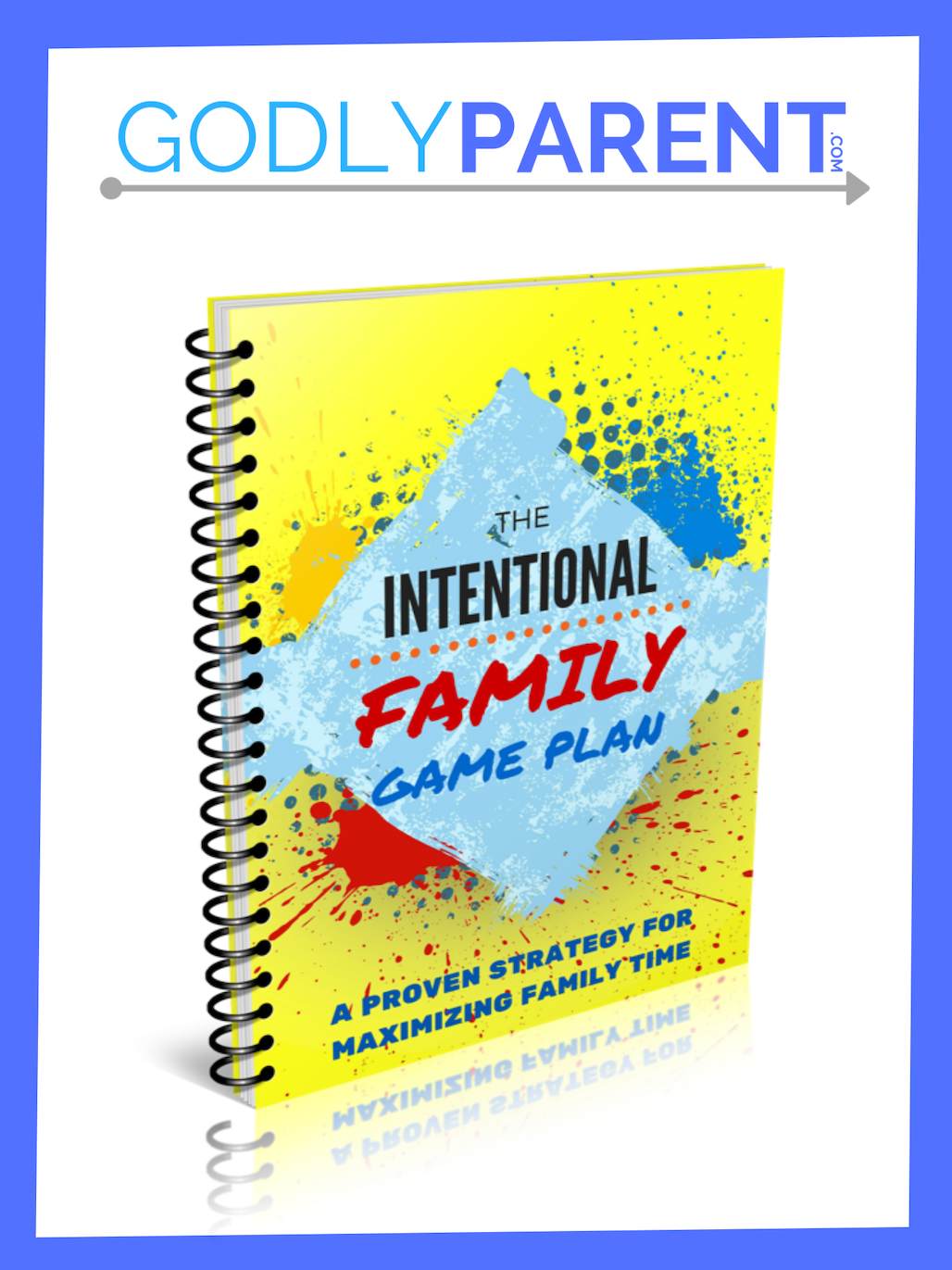God designed the family to work much like a team, where mom and dad are the coaches, and the children are the players, learning the ins and outs of this game we call life. And one of the keys to learning to work together as a team is found in spending time together.

Our family spends lots of time together (as most families do), and we thoroughly enjoy it (at least most of the time. lol). But even as a great team spends much of their time together, great teams also require times of one on one personalized interaction between the coaches and players, in order to help each player develop on an individual level and ultimately advance the effectiveness of the team as a whole.
Just like a good coach, as parents we should try to invest individual time into each of our kids regularly. And here are 4 reasons why:
Intentional Focus
While there is great value in togetherness as a family, there’s also something special that happens when a parent gets laser focused on an individual child and their specific needs and interests. While our kids are siblings, they’re not siamese twins. They have different likes and dislikes, and different strengths and weaknesses.
This sometimes necessitates some extra effort on our part as parents to give them the intentional time and focus they deserve. Just like a good coach meets a player where they are, and helps them to personally succeed, we have the same opportunity as parents.
Personal Conversation
One of my personal favorite reasons for spending one on one time with each of our kids is because of the sometimes serious and personal conversations we’re able to have about what’s going on in their own heart and life. There are naturally questions that can be asked and things they can share that just aren’t as conducive to talk about when the entire family is around.
This may happen by taking them out to eat on the weekend, running errands together, simply going into their bedroom at night and closing the door so we can talk in private, or inviting them onto the front porch to talk as the sun goes down. Our kids are often willing to talk to us about so much more than we think or know, if we’ll just give them the opportunities to do so.
Individual Priority
Kids naturally love their parents, and what kid doesn’t love getting all of their parent’s affection and attention all to themselves, without having to share it with anyone else? Your children are craving for your personal attention whether you give it or not. And the younger they are, the more likely they are to verbalize this by asking you to do things with them. But the older they become, while they still desire it, they will be much less likely to verbalize it.
Your kids will eat up the individual time you give to them, and quite possibly, those times you invested directly into them may very well become some of their fondest memories in their adulthood. Because when you spend individual time with your kids, you are speaking love by telling them, “You are worth this to me.”
Speaking their Love Language
Every person in your family expresses and interprets love through the filter of their love language. If you haven’t read Gary Chapman’s book, The 5 Love Languages (or The 5 Love Languages of Kids), you really need to. Or at least go to 5lovelanguages.com and allow each of your family members to take the online assessment to determine their specific love language.
Our family did this recently, and it was truly beneficial to learn how each of us process the giving and receiving of love differently. It’s not only helped us to better relate to one another, but also helped shape what we do when we spend individual time together. Spending one on one time with each of your kids often allows you to zone in on speaking their love language in a more powerful and personal way.
Loving our kids is an amazing privilege and weighty responsibility. And if we’re not regularly loving them both collectively and individually, we may be missing out on some key ways to express personal love and value.
Do you practice this is your home? Do you need to start? What are other reasons you may have for spending individual time with your kids?



